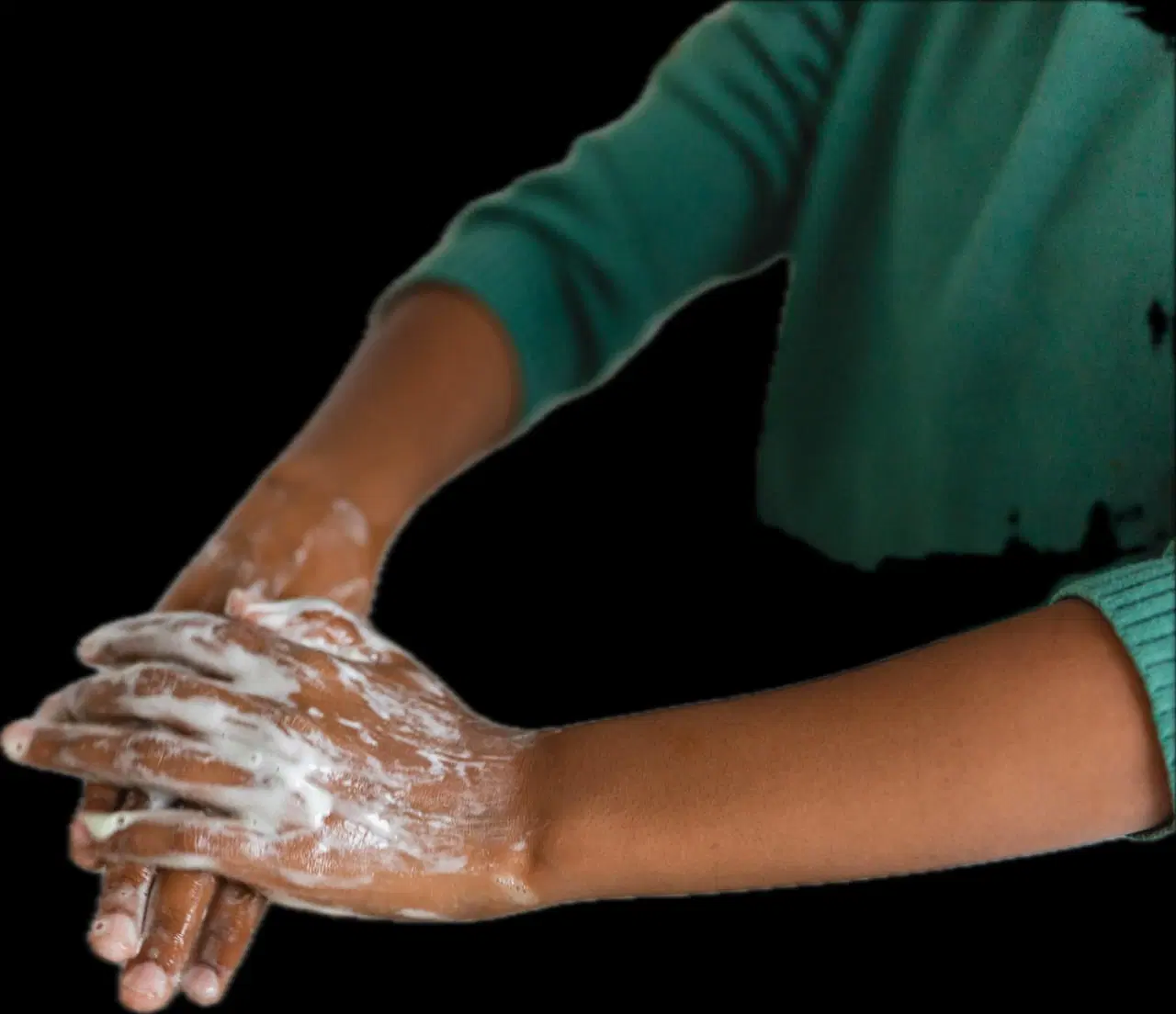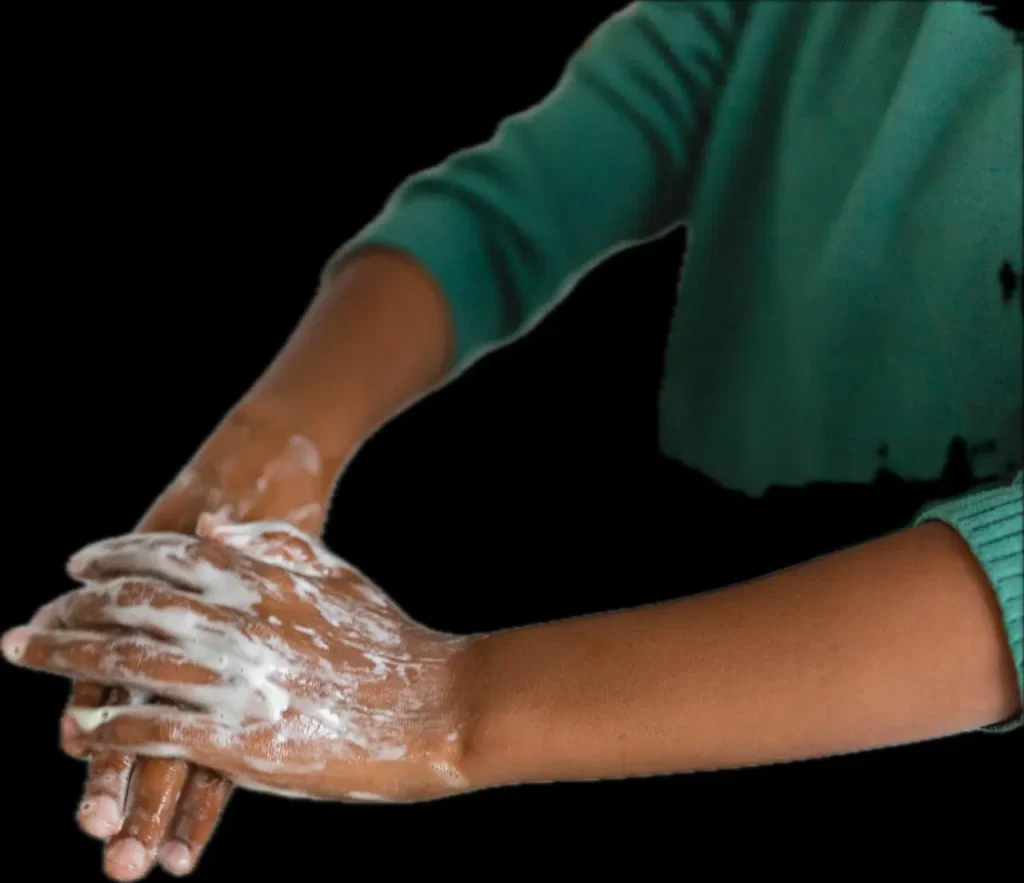
Source: Chioma Obinna
…Experts say what happens after your morning bath matters most

As Nigeria faces mounting health challenges linked to poor sanitation, a growing number of public health experts are sounding the alarm: traditional hygiene practices are no longer enough. In today’s high-contact, fast-paced environments, protecting against germs must go beyond the morning bath or occasional handwashing.
According to UNICEF, over 95 million Nigerians lack access to basic sanitation services, and more than 80% of markets and motor parks in the country still operate without adequate hygiene infrastructure.
From crowded buses to school classrooms and market stalls, Nigerians are constantly exposed to germs—on surfaces, through handshakes, on cash, and in public restrooms. Public health officials say that intermittent hygiene routines leave major gaps in protection.
“It’s not just about being clean at 8 AM. It’s about staying protected at 2 PM, 4 PM, and beyond,” a hygiene expert explained.
Recognizing the need for long-lasting protection, hygiene brands like Dettol are innovating beyond the traditional soap bar. Dettol Original Antibacterial Soap, for instance, is formulated to kill 99.9% of germs while supporting the skin’s natural defenses for up to 12 hours after use.
“Nigerians are always on the move—commuting, exchanging cash, attending church, school, or markets. Germ exposure is constant, which is why protection should be too,” said a Dettol spokesperson.
But this is more than a product pitch. Dettol backs its innovation with grassroots education, community outreach, and nationwide awareness campaigns focused on making daily hygiene both practical and inclusive.
The World Bank estimates that poor sanitation costs Nigeria over $3 billion annually due to increased healthcare spending, missed school days, lost income from illness-related absences, and preventable deaths.
“Every hospital visit or sick day caused by preventable infection is money lost—not just for families, but for the country,” said a development analyst.
Experts agree that no matter how effective a hygiene product is, behavioural change and education are key. Without public understanding, even the most advanced hygiene innovations fail to make an impact.
“Science alone can’t change habits,” the spokesperson added. “It has to be paired with awareness, affordability, and cultural relevance.”
That’s why ongoing hygiene education in schools, markets, homes, and hospitals is as essential as the products themselves.
The new hygiene culture isn’t about being paranoid—it’s about being prepared. With disease outbreaks like cholera, typhoid, and Lassa fever still common in parts of the country, all-day hygiene protection is becoming a public health necessity.
“What happens after your morning bath matters just as much as the bath itself,” said a Lagos-based health educator.
To reduce avoidable disease burdens and improve national health outcomes, Nigeria must adopt a sustained hygiene strategy that includes: